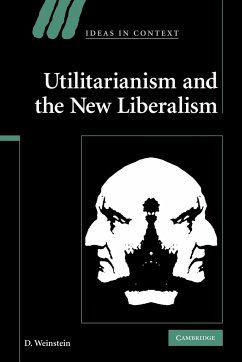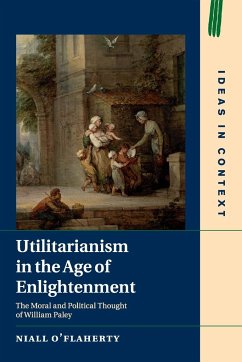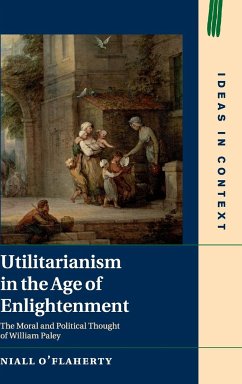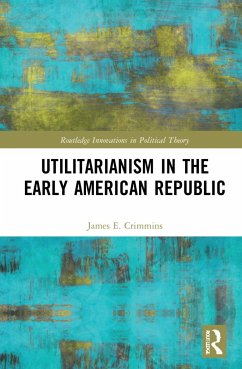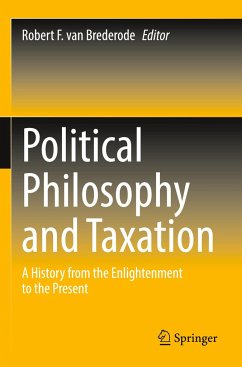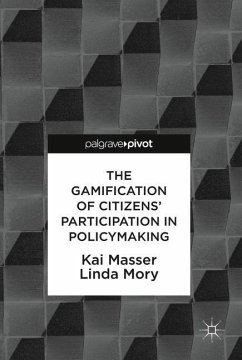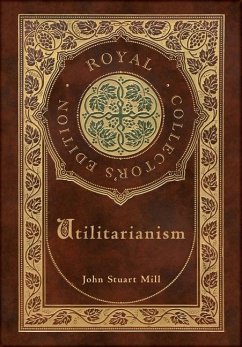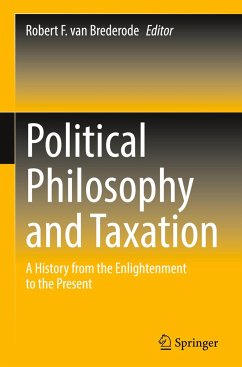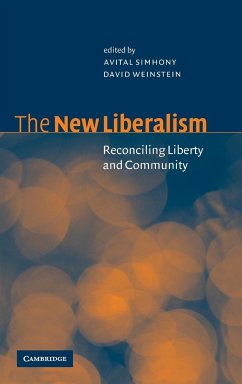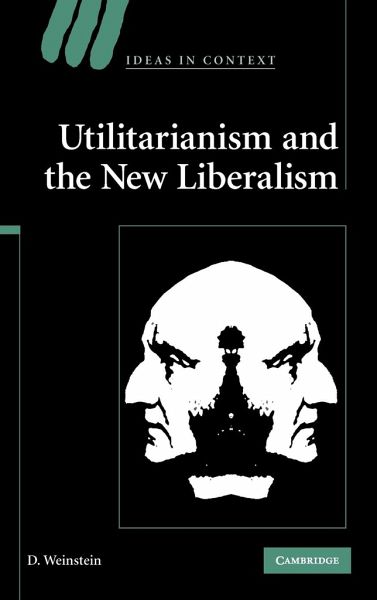
Utilitarianism and the New Liberalism
Versandkostenfrei!
Versandfertig in 1-2 Wochen
104,99 €
inkl. MwSt.
Weitere Ausgaben:

PAYBACK Punkte
52 °P sammeln!
In this study, David Weinstein argues that nineteenth-century English New Liberalism was considerably more indebted to classical English utilitarianism than the received view holds. T. H. Green, L. T. Hobhouse, D. G. Ritchie and J. A. Hobson were liberal consequentialists who followed J. S. Mill in trying to accommodate robust, liberal moral rights with the normative goal of promoting self-realisation. Through careful interpretation of each, Weinstein shows how these theorists brought together themes from idealism, perfectionism and especially utilitarianism to create the new liberalism. Like ...
In this study, David Weinstein argues that nineteenth-century English New Liberalism was considerably more indebted to classical English utilitarianism than the received view holds. T. H. Green, L. T. Hobhouse, D. G. Ritchie and J. A. Hobson were liberal consequentialists who followed J. S. Mill in trying to accommodate robust, liberal moral rights with the normative goal of promoting self-realisation. Through careful interpretation of each, Weinstein shows how these theorists brought together themes from idealism, perfectionism and especially utilitarianism to create the new liberalism. Like Mill, they were committed to liberalising consequentialism and systematising liberalism. Because they were no less consequentialists than they were liberals, they constitute a greatly undervalued resource, Mill notwithstanding, for contemporary moral philosophers who remain dedicated to defending a coherent form of liberal consequentialism. The New Liberals had already travelled much of the philosophical ground that contemporary liberal consequentialists are unknowingly retravelling.





